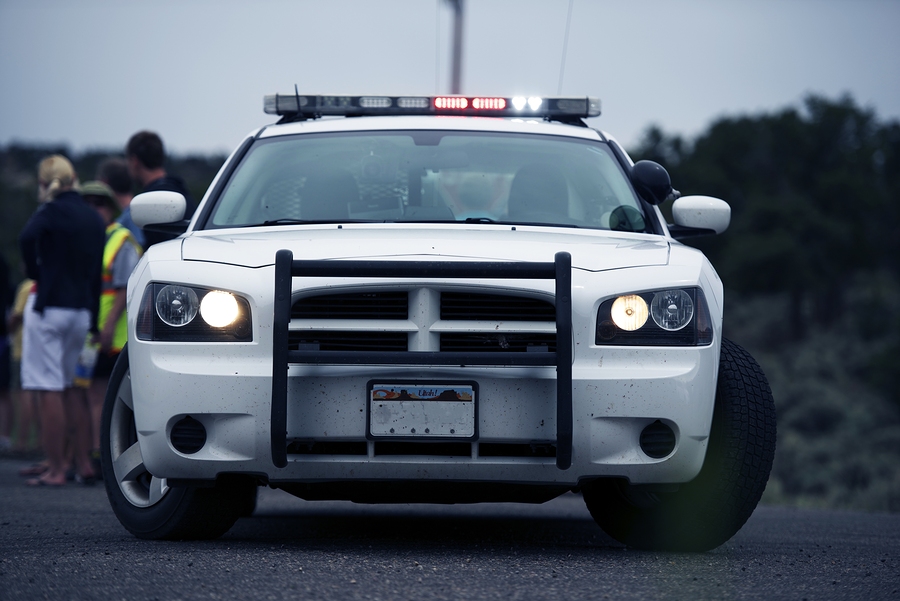September 6, 2017
What is the Standard Field Sobriety Test (SFST)?
The Standardized Field Sobriety Test, or “SFST,” is a battery of tests by law enforcement used to determine whether a person is under the influence of alcohol. The tasks used in the SFST include:
- Walk-and-Turn–Taking nine “heel-to-toe” steps in a straight line, then turning and walking in the other direction.
- Horizontal gaze nystagmus–An officer moves their finger or a pen about a foot in front of the driver’s face, observing eye movements. Officers are supposed to be trained to determine whether the eye’s movements indicate alcohol use.
- One-Leg Stand –The driver is asked to lift one foot about six inches off of the ground and to count “one one thousand, two one thousand, etc.” until told to stop.
Does the SFST Work to Prove Intoxication?
There are many factors that make the results of standard field sobriety testing unreliable. There are many reasons that an individual may have trouble completing the SFST tasks that have nothing to do with intoxication. Some examples include:
- Age--It is more difficult for older people to complete some of the tasks.
- Physical Limitations–Everyone’s body is different. If a person has physical limitations based on past injuries or conditions, it could make it difficult to successfully perform the tasks.
- Obesity–Evidence exists that people who are seriously overweight or obese may have more trouble performing the physical tasks.
- Language Barrier–If there is a language barrier between the officer and the driver, there could be miscommunications that lead to “failure” to complete a task.
- Clothing and Shoes–Certain clothing and shoes are not conducive to walking and balancing tests. If a driver wears restrictive clothing or unsteady shoes, it could taint the results of the test.
- Bad Conditions–Inclement weather, glare, wind, and darkness are just a few examples of the ways that bad conditions could affect a driver’s ability to complete the SFST tasks.
- Anxiety or Exhaustion–You might be tired from a long drive or anxious about an encounter with a police officer; but it doesn’t mean that you are under the influence of alcohol. An officer may easily confuse tired or nervous behavior as signs of intoxication.
Are the Results of the SFST Evidence for the Case Against Me?
Even if you’re sober, do not use the SFST as an opportunity to try to prove yourself innocent. Any wobble or nervous mistake could give the officer evidence to build a DUI case against you.
Remember that refusal to participate in the SFST does NOT automatically lead to a license suspension. Refusal to blow into a breathalyzer may result in losing your license for a year, but refusing the SFST does not have the same effect.
Call a St. Petersburg Criminal Attorney Today to Schedule a Consultation
If you’ve been pulled over, the best thing to do is to contact a lawyer who is experienced with defending DUI charges in Florida. Attorney Rohom Khonsari has years of experience defending Floridians and fighting to ensure that improper or inaccurate SFST evidence is not used against you. If you’ve been stopped for DUI contact the Khonsari Law Group. Don’t delay, call (727) 269-5300 today.


